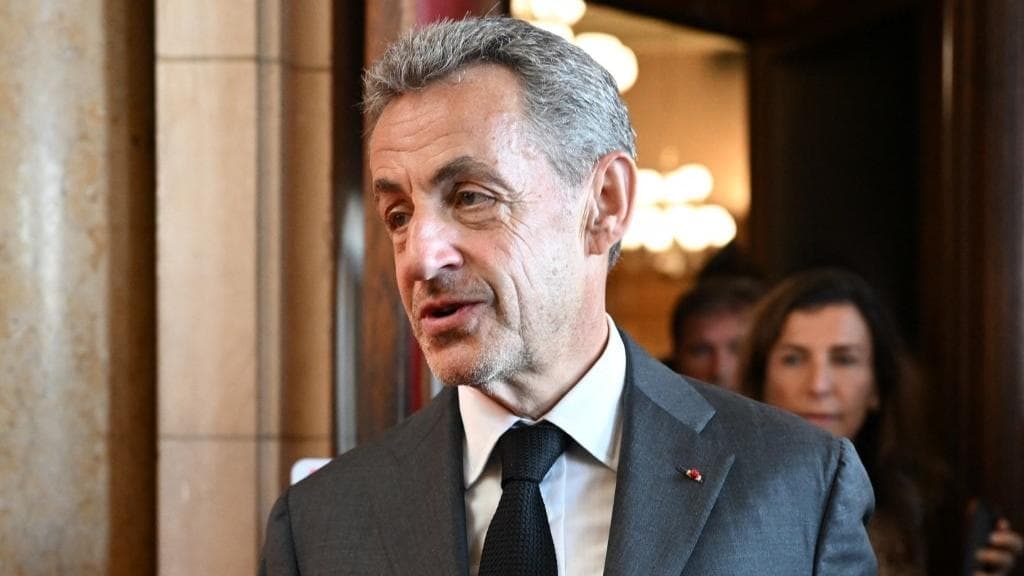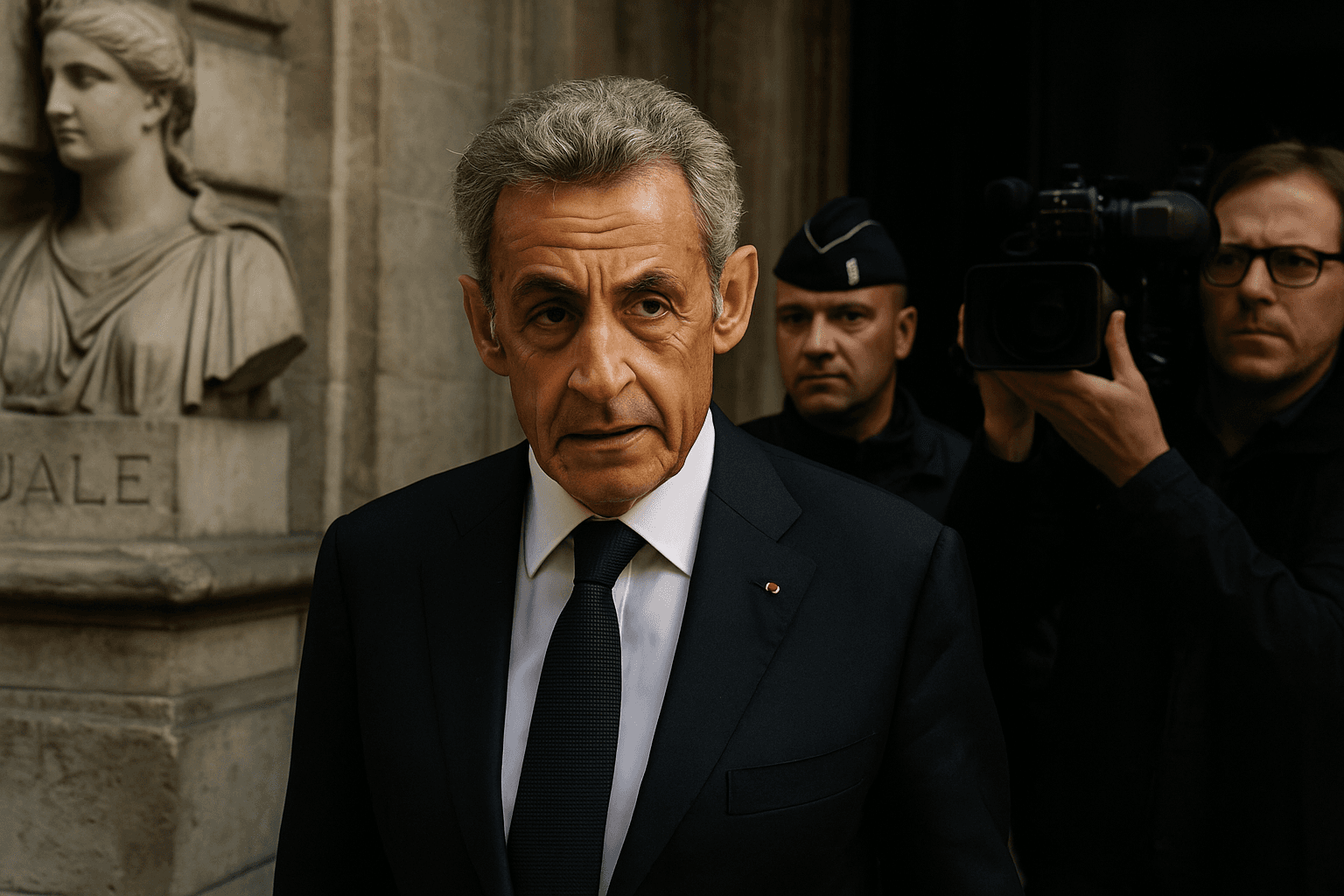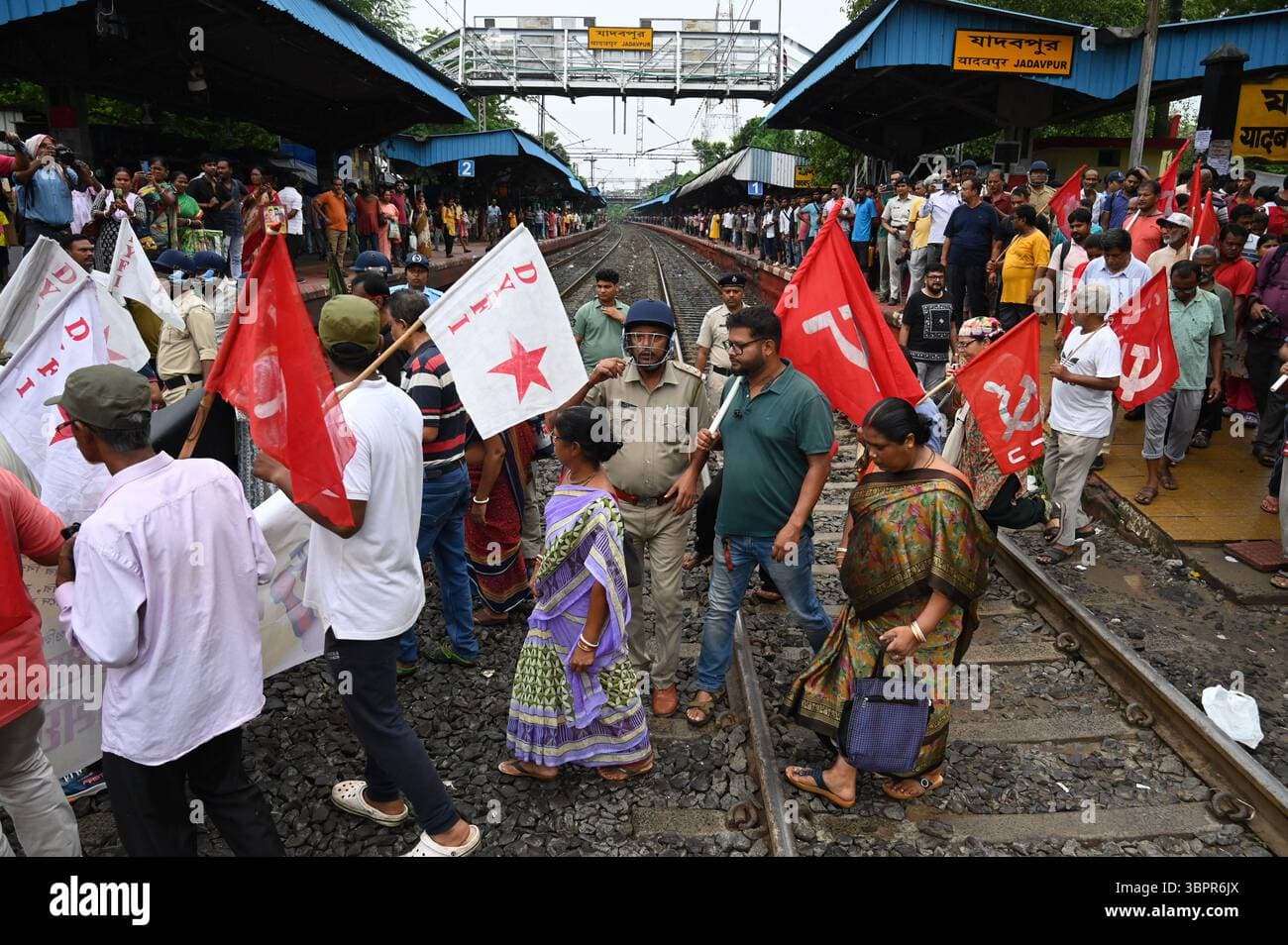France Highest Court Upholds Sarkozy Conviction, Bygmalion Sentence Stands
France's top court rejected former president Nicolas Sarkozy's final appeal, affirming a conviction tied to alleged illegal spending in his 2012 re election campaign, and leaving a one year non custodial sentence with half suspended intact. The decision sharpens legal pressure on a once dominant political figure, with implications for party politics, public trust in institutions, and the potential for appeals to European human rights authorities.

France's Cour de Cassation on Tuesday rejected the final appeal of former president Nicolas Sarkozy in the long running Bygmalion campaign financing case, upholding an earlier conviction and a one year non custodial sentence with half suspended. The ruling closes a domestic chapter in litigation that stemmed from alleged illegal spending tied to Sarkozy's failed 2012 re election bid and affirms the lower court determinations against him.
The decision arrives amid a broader wave of judicial scrutiny that has affected several former French leaders, and follows an unrelated legal episode this month in which Mr. Sarkozy briefly served time in connection with allegations of illicit funding linked to Libya. He remains free while other legal avenues and procedures continue, and his legal team has indicated a possible appeal to the European Court of Human Rights. With the Cour de Cassation deemed the highest domestic arbiter, the route to overturning the judgment within France is effectively closed.
Beyond personal consequences for a polarizing figure, the ruling carries broader political and institutional implications. For the conservative movement that Mr. Sarkozy helped lead, the reaffirmation of a criminal sanction by the highest court underscores continuity in the enforcement of campaign finance rules and heightens reputational risk for parties and figures associated with past controversies. Political analysts say sustained legal exposure to high profile politicians can reshape party leadership dynamics and candidate selection, and can complicate efforts to present a unified platform to voters.
Economic and market effects are likely to be muted but notable in the short term. Political uncertainty and headline driven developments tend to increase investor attention to sovereign risk and policy stability. Domestic markets, sovereign bond yields and the euro can exhibit heightened volatility when senior political actors face legal incapacitation or prolonged uncertainty, though historical experience suggests such reactions are typically transient unless they coincide with broader governance crises or major policy shifts.

The case also feeds into a policy debate on campaign finance oversight and judicial independence. Proponents of stricter controls argue that definitive rulings by top courts bolster accountability and level the playing field in electoral competition. Skeptics warn that protracted legal battles against public officials can be perceived as politicized unless procedures remain transparent and uniformly applied.
With the domestic appeals exhausted, the next legal avenue for Mr. Sarkozy is likely to be the European Court of Human Rights, where procedural or rights based arguments could be advanced. For now the Cour de Cassation's decision represents a final French judicial determination on a case that has shadowed French politics for more than a decade and underscored the increasing reach of judicial processes into the highest levels of public life.

